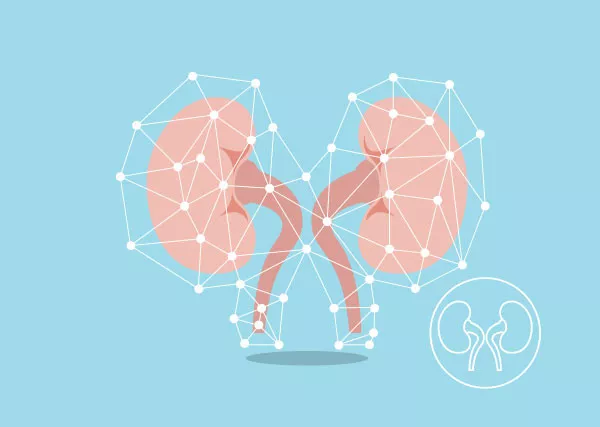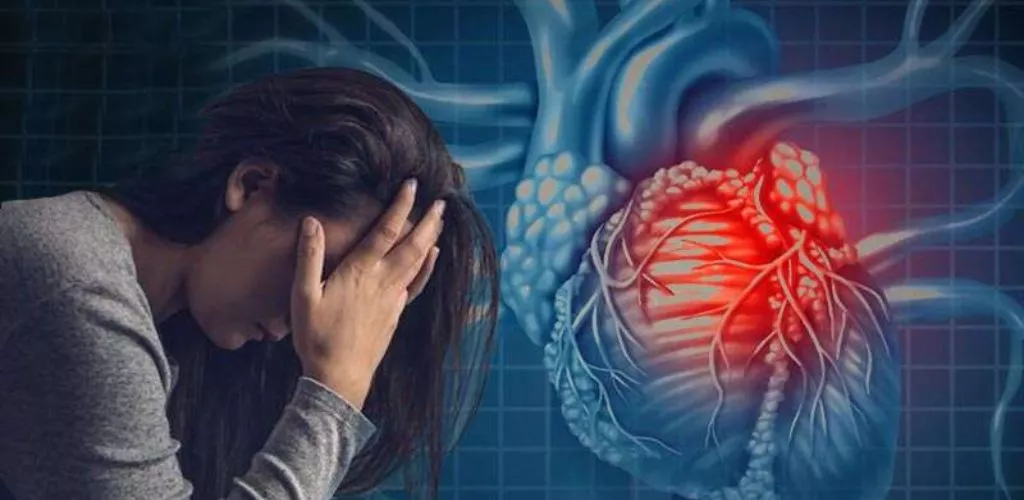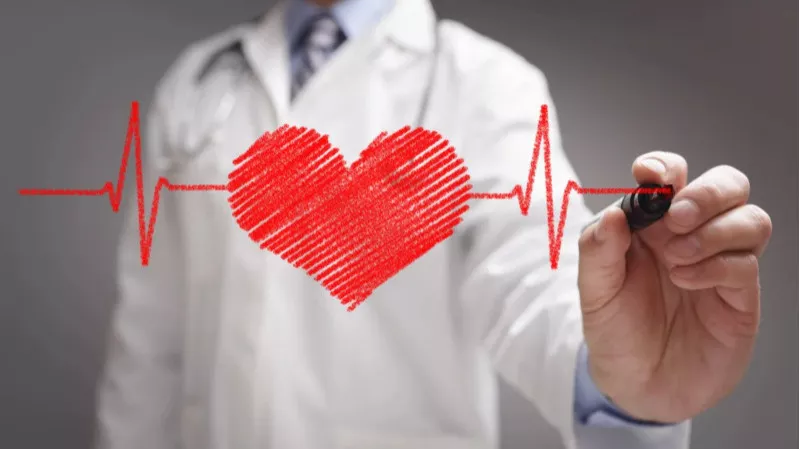Kidneys are our body’s filters. They purify blood and excrete toxins through urine. So when they lose the ability to function, nitrogenous waste products and toxins gets accumulated in the body, resulting in symptoms and signs of CKD. Among these, the measurable indicators are urea and creatinine levels, which can be detected/ determined through specific blood tests.
Unfortunately, the number of patients with CKD is on the rise globally, with more than around 5 to 10% of the world population affected by it. The numbers are increasing steadily also due to high incidence of lifestyle disorders like diabetes and hypertension, even in those below 40 years of age.
It is estimated that the age adjusted incidence rate of ESRD (end stage renal disease requiring dialysis) is 229/million population, with over 150,000 patients developing ESRD every year. Also, diabetes and hypertension account for two-thirds of the CKD cases.
Kerala, which has infamously been dubbed the diabetic capital of India, is now witnessing a steady rise in the number of patients with CKD progressing to ESRD and requiring dialysis or transplant. Many patients now seek specialized care from experienced nephrologists in Kochi Kerala, who are trained to diagnose and manage CKD and related complications effectively.
Detecting CKD With Glomerular Filtration Rate (GFR)
GFR is the best and the most efficient way to determine the level of kidney function and the extent/ stage of kidney failure. GFR is calculated using a formula that involves person’s age, gender, race and serum creatinine levels.
Risk Factors/ Causes of Chronic Kidney Disease
Kidneys can get damaged due to a wide range of reasons including:
- Diabetes mellitus
- Hypertension/ high blood pressure
- Chronic Glomerulonephritis (a kidney disorder caused due to cumulative damage and scarring of the blood filters in the kidneys)
- Chronic Tubulointerstitial Disease (a form of nephritis affecting the interstitium of the kidneys surrounding the tubules)
- Continued use of certain drugs (pain killers) and toxins (exposure to herbal medicines and heavy metals)
- Congenital diseases like polycystic kidney disease
- Obstructive nephropathy (caused due to kidney stones and disease of the prostate)
- Congenital abnormalities of the kidneys and urinary tract
Symptoms & Signs
Symptoms of CKD may be extremely subtle during early stages of chronic kidney disease. Symptoms may become apparent only after the kidney function is significantly impaired.
The symptoms of CKD include:
- Edema (swelling of the legs, puffiness of face)
- Fatigue (tiredness)
- Hypertension (high blood pressure)
- Frothy urination
- Decreased urine output
- Nocturia (frequent urination in the night)
- Anaemia
- Loss of appetite
- Nausea and vomiting
- Itchy skin (focal or generalized)
- Insomnia - lack of sleep in the night
- Decreased mental alertness and concentration
- Shortness of breath
- Erectile dysfunction in men
- Seizures - myoclonic jerks commonly
- Altered sensorium
- Bony pains
- Chest pain
- Uremic fetor (urine like odor)
Management of CKD
There are no specific treatment options for CKD.
The only thing that can be done is prevention or slowing down the progression of the disease.
It is important to diagnose chronic kidney disease in its early stages to prevent further worsening of the condition.
Those with high risk factors should get their kidney functions checked regularly at a trusted nephrology hospital in Kochi Kerala, where comprehensive renal care and advanced diagnostic facilities are available.
Preventing Progression Of CKD:
- Diabetics need to control their blood sugar levels - keep the glycosylated Hemoglobin levels <7.0
- Control the blood pressure
- Salt and fluid restriction in hypertensive and edematous (those prone to swelling/edema) patients
- Restrict the protein intake - avoid red meat, reduce the intake of fish, egg, chicken, pulses and legumes.
- Reduce intake of Potassium – avoid intake of fruits, fruit juices, coconut, coconut water, raw vegetables, green leafy vegetables and tomatoes. Fruits low in Potassium such as apple, pineapple, guava and papaya can be had in moderation.
- Avoid nephrotoxic agents like NSAID’s (pain killers) and certain antibiotics
- Avoid alternative medications that can cause damage to the kidneys
- Exercise regularly and control weight
- Quit smoking
- Quit alcohol
Treatment Options For ESRD:
- Hemodialysis - Purification of the blood, using an artificial kidney.
- Peritoneal Dialysis: Using the patient’s peritoneal membrane as a filter and removing waste by instilling fluid within the abdomen (can be done at home).
- Kidney Transplantation: Replacing the diseased kidney with a new kidney obtained from a live related donor or a deceased donor.





